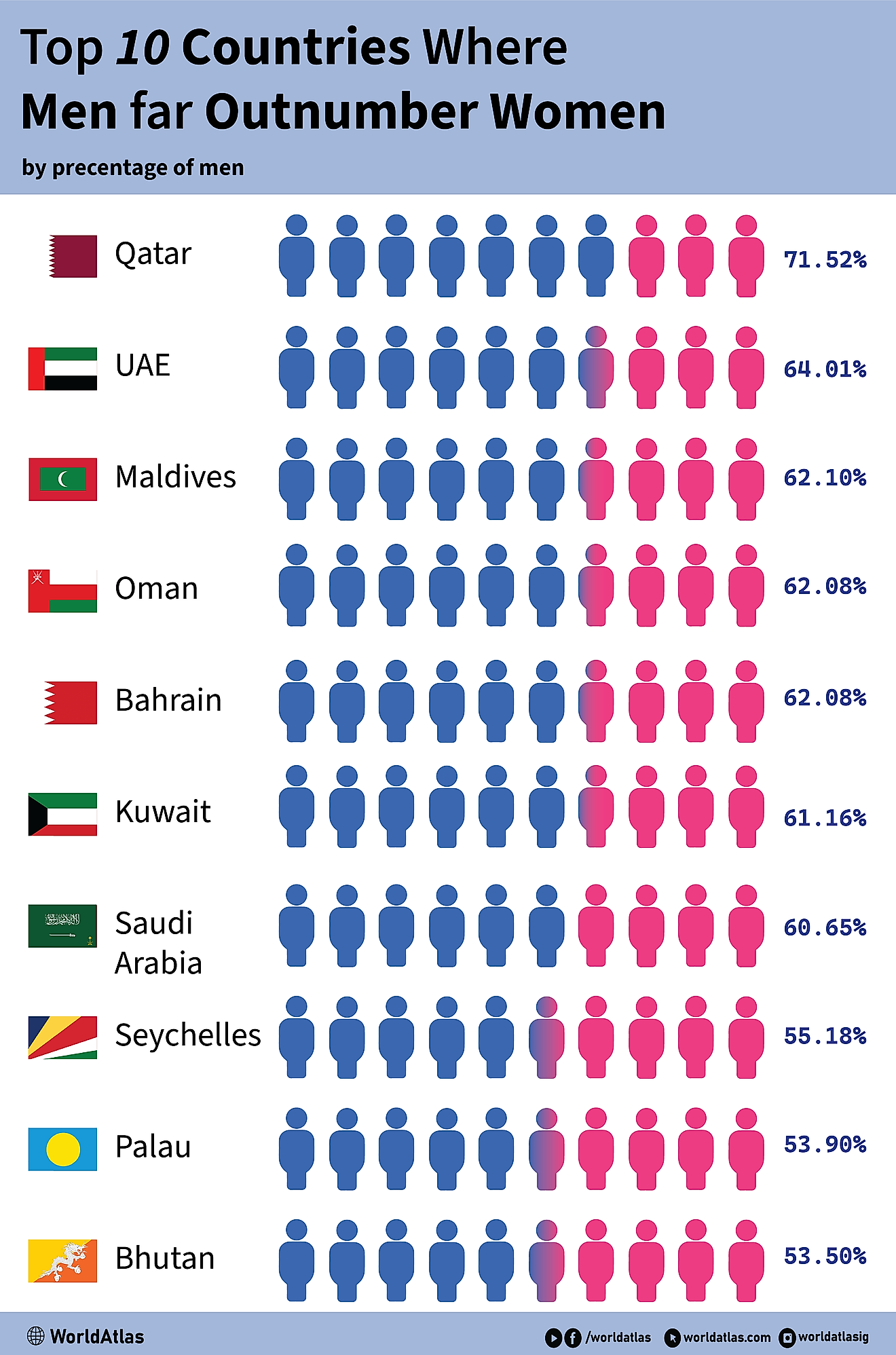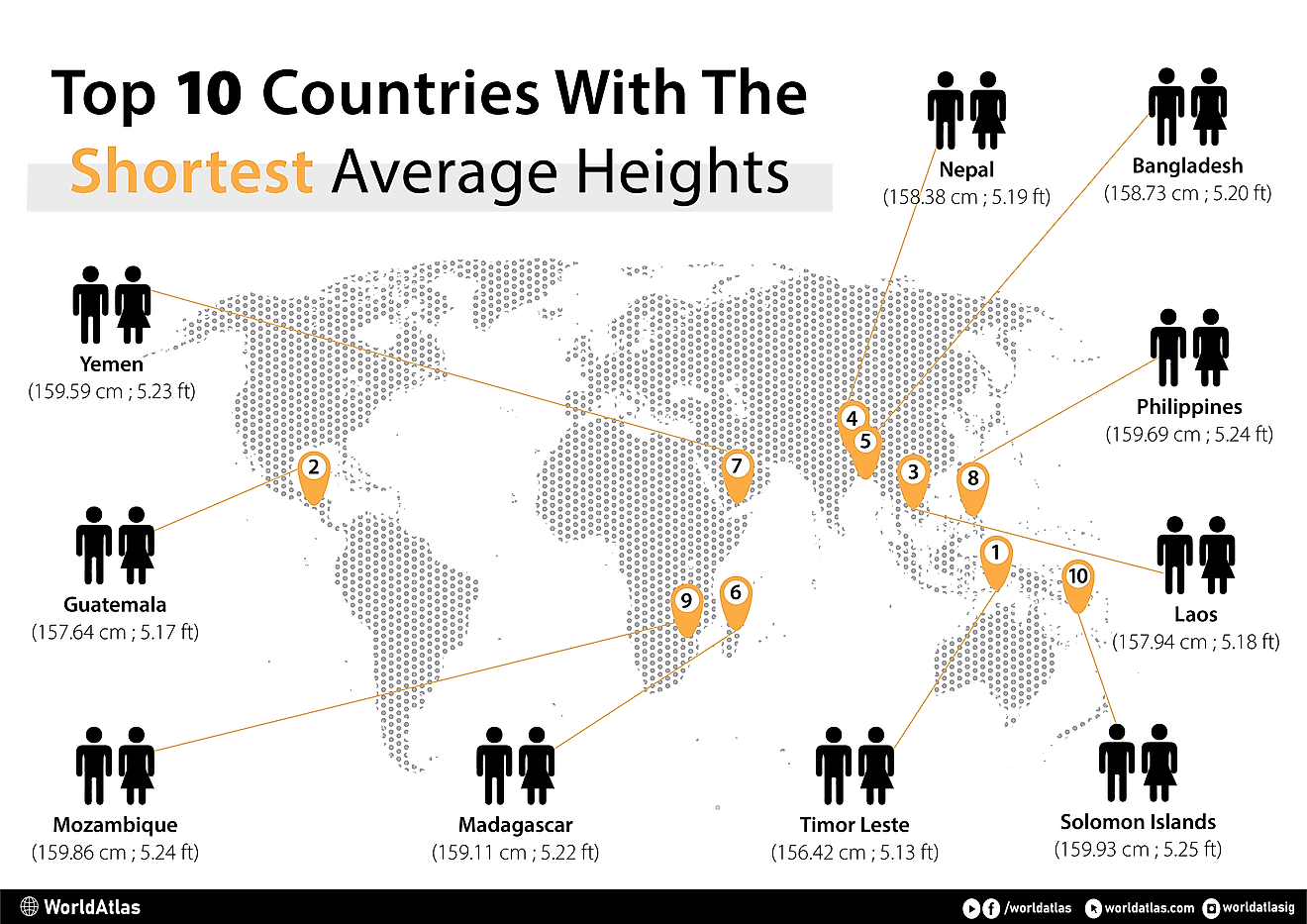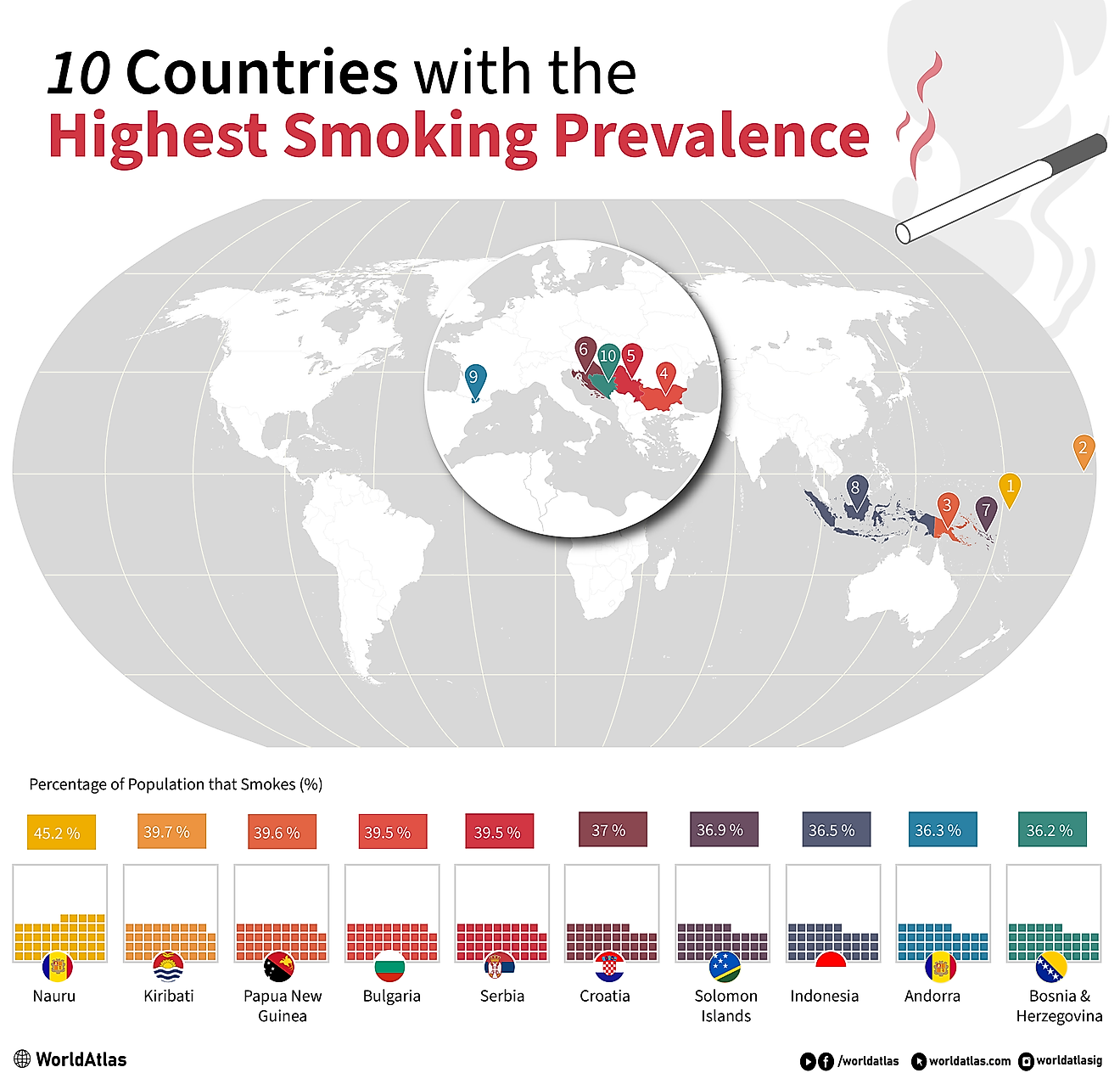What is Gesellschaft?

Human beings have lived together in one environment whether in their households, communities, or nations. The collective stay offers some benefits as well as shortcomings. Modern-day society allows everyone to live, work, and earn a living with the hope of succeeding and prospering in life. In this post-industrial society, everybody is answerable for his or her actions, not for the benefit of the entire society but for individual benefits. Take for example an employee who reports to his place of work every day on time because at the end of the month there will be benefits in the form of salary and allowances, and not because society will benefit. Therefore, the employees work for the success of the company that employs them so that they can secure their monthly benefits. This form of the society is what is called Gesellschaft.
Theories of Ferdinand Tonnies
Ferdinand Tonnies was a German sociologist who wrote immensely on sociology between the 19th and early 20th centuries. His work emphasized academic theories that relate to society, especially the beliefs and traditions that determined the progress of the society. Tonnies submitted a lot of work both in the fields of philosophy and sociology, but what earned him a lot of praise was his work on the two theories of Gesellschaft and Gemeinschaft.
What is Gesellschaft?
Gesellschaft is a type of society where people work together for a common goal, for example, the employees working for their company to earn their monthly salary and not to ensure the success of the company. As by Tonnies, people living in this society have developed feelings of segregation whereby individual depend on the cities to solve their daily needs. The word ‘gesellchaft’ loosely translate to “society,” and more specifically to “civil society.” Individuals in this form of society act in their own interest without regards to interests of the community.
Differences Between Gesellschaft and Gemeinschaft
As mentioned above, Gesellschaft is a modern society whereby the needs of individuals are considered to be more essentials than the community benefits, whereas Gemeinschaft is a social association whereby individuals pay attention to the community interest rather than their personal needs and wants.
In Gesellschaft, the status is achieved by birth while in Gemeinschaft the status is acquired through education and work. Also, Gesellschaft is mostly seen in big cities whereas Gemeinschaft is witnessed in small towns.
How did Gemeinschaft Progress to Gesellschaft?
As people established individual goals and the move to make their social life better, they deviated from societal norms and group differences emerged. Therefore, to accommodate this change, society laws had to change hence entrenching the members on the advancement of the economy for individual benefits. The emphasis on the members’ mental energies of ancient society changes from what Tonnies called the “invisible” such as spirits and gods to the “visible” such as money, and materials goods.
Accordingly, in industrialized societies, relationships are determined by arbitrary will in which the social arrangements are shaped around a common interest. Individuals living in these societies largely base the relationships among themselves on the obvious outcome of the personal transaction and not on the concern and care of the other people or the community.
Ferdinand Tonnies did not agree with the claim that the development of Gemeinschaft to Gesellschaft would be complete because he anticipated that the society would have both forms at any given time. To summarize that, the hardship that came as a result of economic difficulties and the resulting want by every individual to meet his or her needs shift society from Gemeinschaft to Gesellschaft.
Durkheim’s Use of Gesellschaft
Many sociologists have adopted the theories of Ferdinand Tonnies work. In “The Division of Labor,” Emile Durkheim, a sociologist from France, referred the Gesellschaft as an organic society in contrast to the Tonnies’ conceptualization on the social evolution.
According to Durkheim, participating in every task of the community was becoming impossible, and therefore people start specializing in the different field based on their preferences. The sub-division of the workers to various specialties result to what he called the division of labor. As the complexity of the labor division increases, the society developed “organic” cohesion where everyone works on a specific field hence no one can fulfill his or her needs alone. The resulted dependencies gave members of the organic society a freedom to pursue a preferred career as there were no definitive beliefs structures to follow. Consequently, members of this society pursued their individual goals and career and prioritized them more than the community needs.
Application of Gesellschaft to Society
According to Tonnies, there is no society that is structured solely through the Gesellschaft perspective. He stated that even in nations with the Rights of Freedom, such as the United States of America, there occurs level of civic consciousness. This awareness has been witnessed in public rejoinder to many issues in the society, for example, an outcry against companies that failed to ensure their financial security resulting to loss of jobs and retirement savings of their employees.
On the other hand, even in those smallest villages with the simplest structures in under-developed nations exists some form of labor sub-division together with political disharmony.
Therefore, application of the two forms of association guarantees harmonious society. According to Tonnies, it will be a mistake to term these organizations as the “real” societies or to attempt to create what he called a purely Gesellschaft or purely Gemeinschaft. Thus, the usefulness of the Gesellschaft application is determined by the level of Gemeinschaft inclusion.











